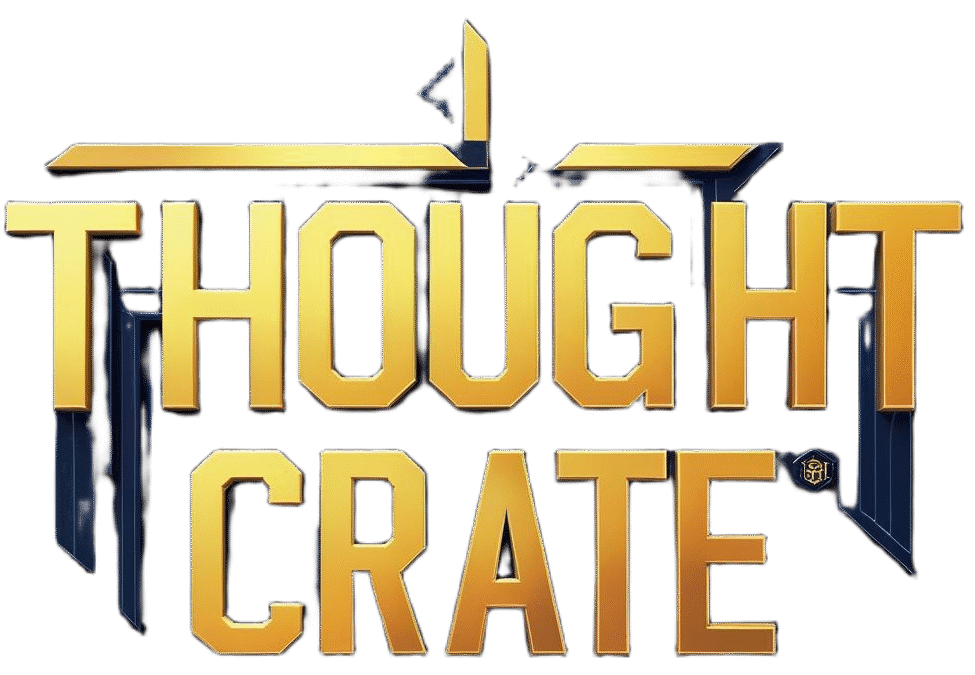Role-playing: Exploring Creativity and Connection
Role-playing is a form of interactive storytelling that has captured the imaginations of people of all ages and backgrounds for centuries. From children playing make-believe games to adults engaging in sophisticated role-playing games (RPGs), this activity allows individuals to step into the shoes of different characters, explore fantastical worlds, and experiment with various scenarios. In this blog post, we will delve into the fascinating world of role-playing, discussing its history, significance, applications, and future trends.
### A Brief History of Role-Playing
Role-playing can trace its origins back to ancient civilizations where theatrical performances and storytelling were central to cultural practices. The concept of assuming different roles and personas has been a fundamental aspect of human expression and communication throughout history. In the 20th century, role-playing games emerged as a structured form of interactive storytelling, with games like Dungeons & Dragons paving the way for a new era of immersive and collaborative gaming experiences.
### The Significance of Role-Playing
Role-playing offers a unique opportunity for individuals to develop creativity, empathy, and social skills. By inhabiting different characters and navigating complex narratives, players can explore diverse perspectives and confront moral dilemmas in a safe and supportive environment. Role-playing also fosters teamwork and communication, as players collaborate to solve problems, strategize, and create memorable shared experiences.
### Applications of Role-Playing
Beyond entertainment, role-playing has found applications in various fields, including education, therapy, and professional development. In educational settings, role-playing can be used to enhance learning outcomes by making complex concepts more engaging and relatable. Therapists often utilize role-playing techniques to help clients explore emotions, practice coping strategies, and improve interpersonal skills. In the business world, role-playing exercises are commonly used to enhance communication skills, negotiation tactics, and leadership abilities.
### Future Trends in Role-Playing
As technology continues to advance, the landscape of role-playing is evolving to incorporate virtual reality (VR), augmented reality (AR), and online platforms. Virtual environments offer new possibilities for immersive storytelling, allowing players to inhabit digital worlds and interact with AI-driven characters. Online role-playing communities provide a global platform for players to connect, collaborate, and share their creative endeavors. The future of role-playing holds exciting potential for enhanced storytelling experiences and innovative gameplay mechanics.
In conclusion, role-playing is a rich and versatile form of expression that enables individuals to unleash their creativity, explore new perspectives, and connect with others in meaningful ways. Whether engaging in a tabletop RPG with friends, participating in a live-action role-playing event, or immersing oneself in a virtual world, role-playing offers endless possibilities for adventure and self-discovery. Embrace the magic of role-playing and embark on a journey of imagination and connection like never before.

